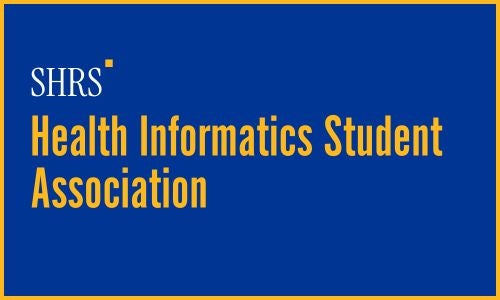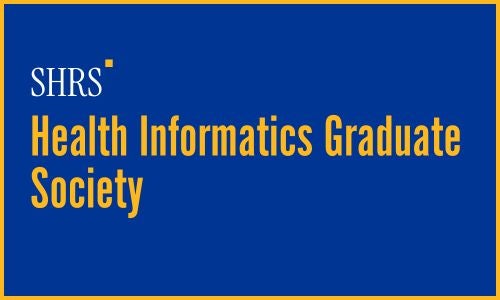A Curriculum for Security Assurance Health (SAHI), NSF
Investigators will develop an integrated curriculum on (SAHI) to develop multiple SAHI tracks with curriculum components focused on Healthcare IT (HIT) within the IST programs and a track focused on Healthcare Security and Privacy (HS&P) and will develop a curriculum that fosters research and doctoral students in SAHI areas.
SmartCAT: Using Smartphone to Enhance Skill Development in CBT for Child Anxiety, NIH R34
Investigators with expertise in Ecological Momentary Assessment, Cognitive Behavioral therapy, Mobile Health Technology, and Skill Acquisition & Utilization will integrate these domains in an investigation of an Ecological Momentary Intervention (SmartCAT) that may be helpful increasing skill acquisition and utilization for youth with childhood anxiety disorders.
Promoting Independence & Self-Management using mHealth (DRRP), NIDILRR, ACL-HHS
Investigators will develop and implement mobile health (mHealth) tools to support self-management and aid youth with brain and spinal anomalies (BSA) in their transition to adulthood.
From Cloud to Smartphone: Accessible and Empowering ICT-RERC, NIDILRR, ACL-HHS
The objectives of this Center are to mitigate barriers to ICT access for Persons with Disabilities (PwDs) and to harness the power of ICT to improve health and function, social participation, and employment among PwDs.
Aphasic Comprehension: Conflict Resolution and Short-Term Memory, Dept. of Veteran Affairs
Investigators will create a structural equation model to determine the relationship among conflict resolution, short-term memory, and language processing. The data is obtained from 120 participants with aphasia.
Enhanced Aural Rehabilitation for Cochlear Implant Users via Telerehab Technology, Gallaudet University
Investigators will develop a telerehab system tailored to support aural rehabilitation using the VISYTER system. This effort will include optimizing the VISYTER system for aural rehabilitation, testing audio-video synchronization under various settings, and developing techniques to improve audio-video synchronizations to support lip-reading.
Data Analytics, ICD-10, Patient Care Engagement and Leadership in HIM Initiatives, CIOX Health
To conduct research that focuses on the objectives of the CioxinnoLab which includes research on ICD-10-CM/PCS inpatient coding productivity trends over time, examining the differences in organization and management of clinical data abstraction functions in health care facilities, assess the utilization of the cancer registry across healthcare facilities from the perspective of the physician, nurse, administrator and researcher, and examine coding quality databases in order to effectively mine the
Evaluating the Effectiveness of the Acute Kidney Injury (AKI) Alert Project
This project is in collaboration with the Department of Critical Care Medicine and UPMC. The AKI alert has been developed and implemented in the initial phase and we care currently involved with monitoring and evaluating the data, refining the alert, evaluating other possible outcomes in order to detect early stages of AKI. The alert is currently utilized in the Cerner Electronic Health Record (EHR) system at UPMC.
Genomics and Personalized Medicine
The development of high-throughput biotechnologies that makes personal genomes accessible, which can then be applied into personalized medicine. In this field, the researcher develops methods, algorithms, and software programs to analyze genomic data, associate genetic information with specific diseases, and create applications to facilitate personalized health care.
Biomedical Modeling
The project involves the creation of models with multiple methods (statistical, equation-based, network-based, and agent-based modeling) to simulate the development and treatment of various diseases, especially cardiovascular disease and obesity.







































